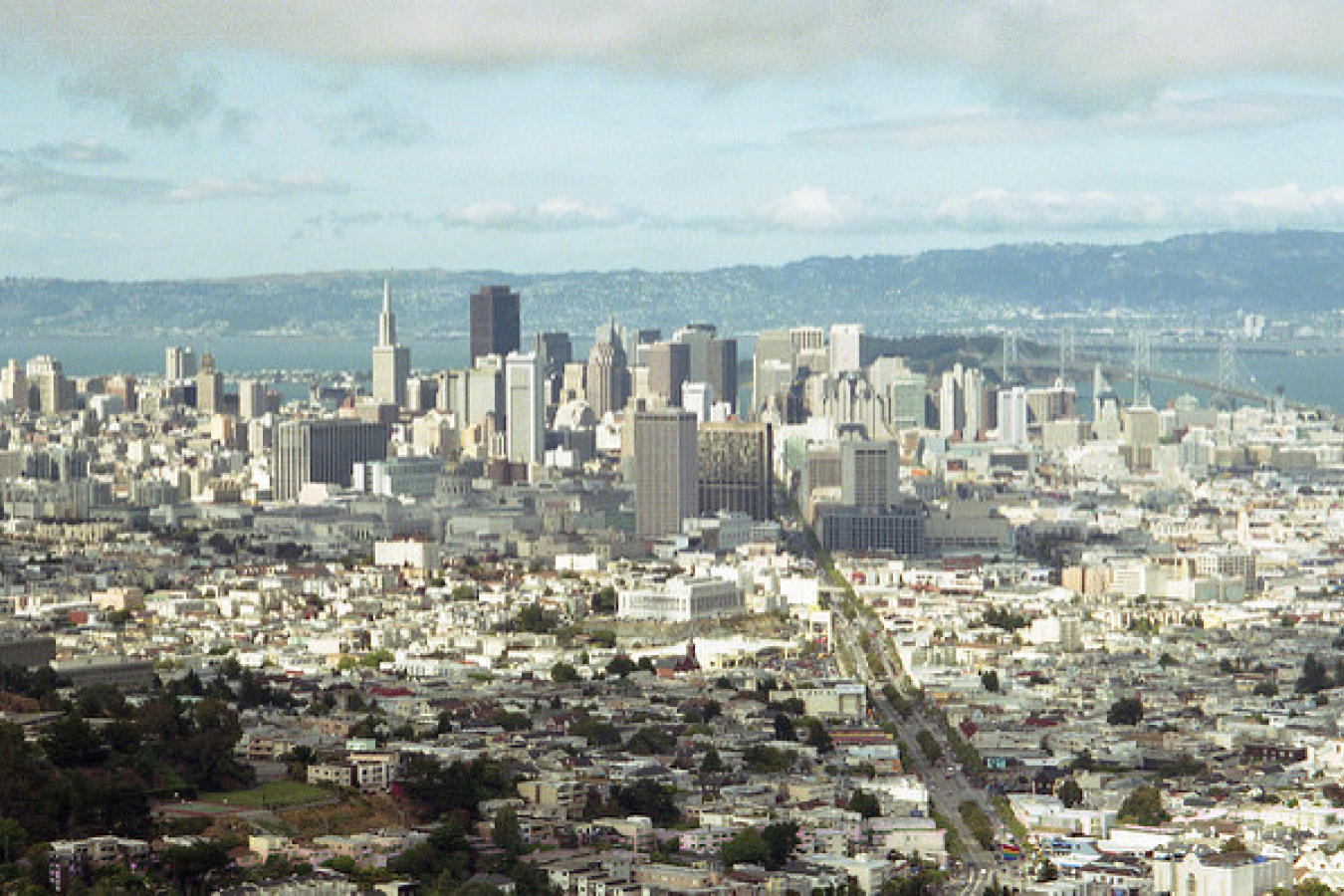As anticipated during the past several days, President Bush gave a prime-time speech on American television to add his administrations opinion to the election year immigration debate in the United States.
Intense debate has been on-going over immigration reform in the US, with many concerned about non-Americans taking jobs in a struggling economy. Approximately 13 million people currently reside illegally in the US, an estimated 11 million of who are from Latin American countries. Often their ethnicity is referred to as Hispanic or Latino, though the actual racial background is somewhat more complex than that.
Politicians are under intense pressure as the election year develops to address what is generally acknowledged to be a failed and incoherent immigration policy. The American Congress recently proposed building a wall on large segments of the approximate 2000 mile (3200 km) border. In the late fall of 2005, the Bush Administration proposed adding 2000 border patrol personnel to control illegal entry.
Additionally, the Congress recently attempted to add an amendment to recent legislation that would make illegal entry into the US a felony crime, which can result in much more severe penalties and permanent ban from the country. That amendment was narrowly defeated and appears that it will be attempted again, probably in conjunction with other measures.
The Congress last week stated that they wish to pass new legislation prior to the upcoming American Labor Day holiday in a few weeks. Having set such a short-term time limit, the debate has suddenly become a "safe" news topic when other news might focus on less savoury items such as an in-depth corruption scandal growing in Washington DC.
Last night, President Bush made several proposals. Primary among them was an effort to secure the border and an undefined "temporary worker program." Temporary workers would be required to return to their country of origin at the end of their stay.
He rejected a general amnesty for all illegals, indicating that long-term illegals who have been in the US for years and clearly contributed to the society and economy while not otherwise engaging in illegal activity would receive an opportunity to "wait in line" and to "pay their debt to society." He carefully stated that he also opposed mass deportation of all illegal residents, repeating his new "rational middle ground" phrase for emphasis.
However, the item that may well be the most controversial of all is the proposal to send 6,000 National Guard troops to the border to patrol it. The larger proposal is to add 6,000 new border agents by the end of 2008, but the National Guard would shoulder most of the burden in the interim.
Employing the US National Guard in such a fashion has several complications. There is serious debate regarding under what authority the President proposes to deploy them. The National Guard in America is clearly a branch of the US military, and under the Constitution and US law, the use of military agencies in civilian and domestic missions is strictly regulated and outright forbidden in most cases. It generally requires a clear emergency or authorization from Congress.
The National Guard has also been used extensively in the Iraq conflict. Their resources are considered to be stretched thin, and their is serious concern about what should happen if a natural disaster should strike, like Hurricane Katrina which destroyed New Orleans last year.
Further, deploying the National Guard places the financial burden upon each state involved, rather than using funds from the federal budget. Many see this as a financial sleight-of-hand by the Bush Administration to authorize and require an action, but to not bear any burden of attempting to finance it. It would also help the administration when budget numbers for the year are published closer to the elections in November, since this authorization will not add to the record levels they have already spent.
One item that is not open for debate. If this proposal is engaged, it will clearly increase the militarization of the US-Mexican border, if only for a few years. What cannot be predicted at this time is if it will make America safer, or if it will make potential illegal immigrants safer.




